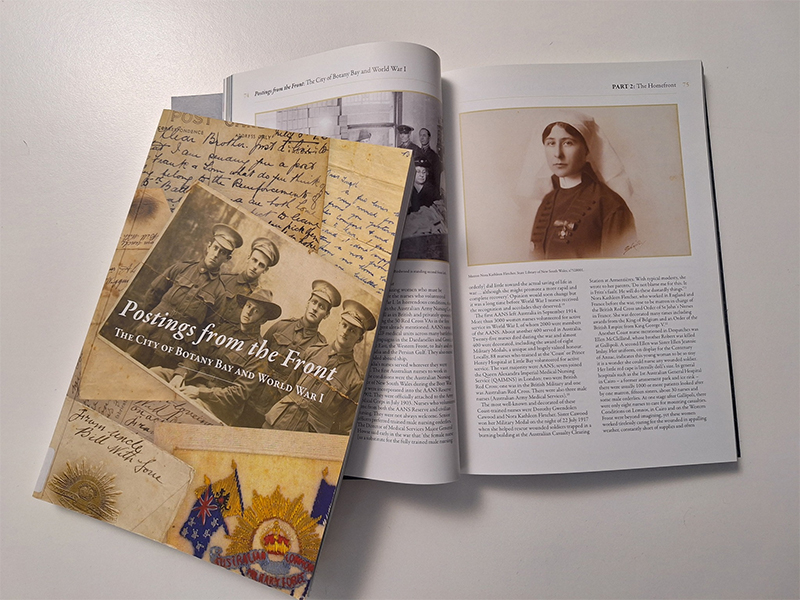New international research has found that cutting corners on workplace safety to boost short-term financial gains may be rife among companies burdened with debt.
The researchers anticipate the problem will only worsen as the COVID-19 crisis smashes the world’s economies.
Dr Di Fan from The Australian National University (ANU), who co-led the research, warned that Australian companies were susceptible to having a “myopic focus” at workers’ expense.
“In Australia, the economy has already been strained by the US-China trade war, and firms are experiencing higher survival pressure in the face of COVID-19,” said Dr Fan from the ANU College of Business and Economics.
“As a consequence, they may be motivated to take resources from workers.
“Governments should keep an eye on whether workplace safety is being compromised amidst these dire economic conditions.”
The researchers investigated the health and safety regulation breaches of more than 4,000 manufacturing companies in the United Kingdom.
Worker injuries in the study included crushed limbs and serious injuries causing death.
“We found companies that risked workplace safety for quick productivity gains experienced a hit to their bottom line in the long run,” Dr Fan said.
The study found companies with a 20 per cent increase in debt led to a roughly commensurate rise in breaches of health and safety regulations.
“Debt was a big driver of these risky practices – the higher the debt, the greater the likelihood a company would breach health and safety regulations,” Dr Fan said.
“We found firms taking out loans did not invest this money into human capital – rather they used it to push productivity, which placed operational workers at risk in the process.”
Dr Fan said the study also shows any short-term financial gain from cutting corners will be short-lived.
“Risky practices, such as cutting corners on safety, harms sales growth, return on assets and ultimately the bottom line, so it’s not worth it in the long term,” he said.
“On average, profit margins dropped by 1.27 per cent in the first year after a safety breach, with a hit to sales growth of 3.62 per cent and a reduction of 1.34 per cent to the return on assets for the same period of time.
“These are significant figures, especially at a time when global economies are contracting so rapidly.
“Prioritising profit over safety for short-term financial gains is ultimately a lose-lose situation; it ends up being bad for the firm, bad for the workers, bad for the shareholders and bad for society as a whole.”
The research is published in Decision Sciences.
Others in the research team are Mark Pagell from the University College Dublin in Ireland, Frank Wiengarten from Universitat Ramon Llull in Spain, Paul Humphreys from the University of Ulster in Northern Ireland and Chris Lo from the Hong Kong Polytechnic University.








